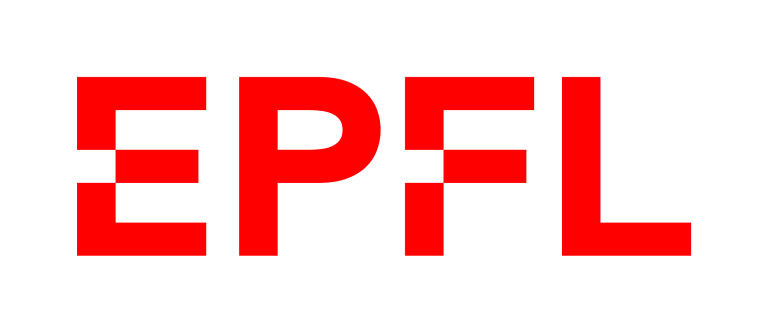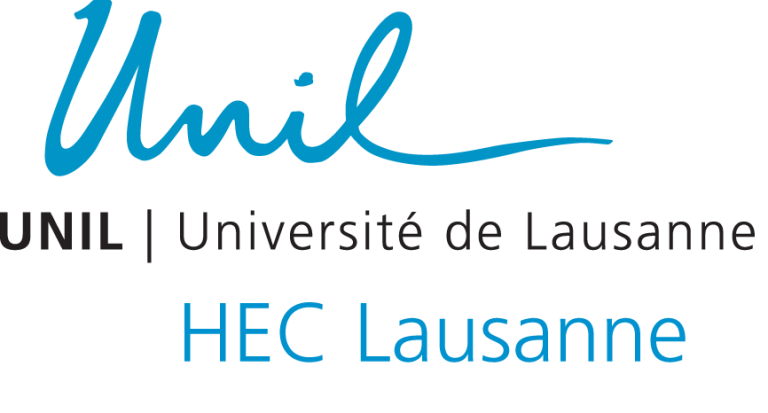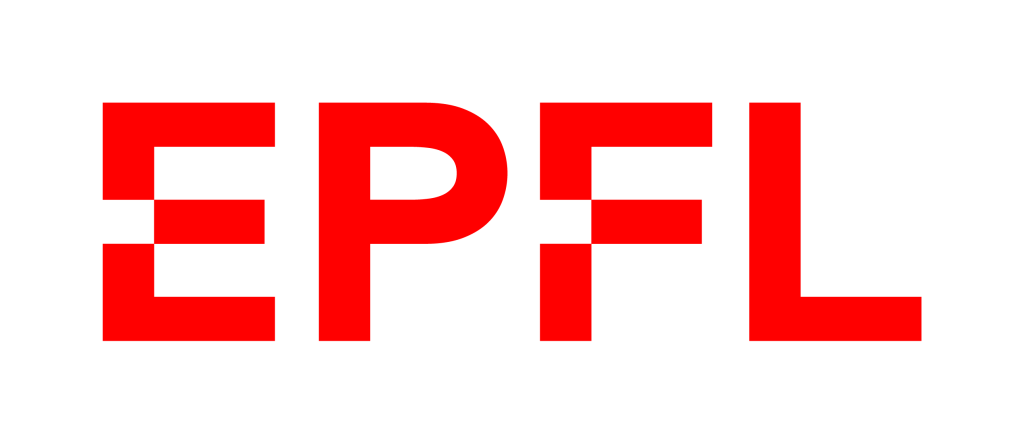Engineering and Clinical Validation of Scalable Organoid Models for Personalized Oncology
Short Summary
Cancer is a disease of extraordinary complexity. Because the tumor of every patient is unique, standardized therapies are often only beneficial for a fraction of patients. The goal of this PHRT project is the development and clinical validation of novel, patient-derived in vitro ‘mini-tumors’ as predictive tools for personalized oncology.
Goals
Using colorectal cancer as a model system, the main goal of this PHRT project is to develop and clinically validate novel in vitro tissue culture technology for personalized oncology. Building on highly complementary expertise in bioengineering, organoid biology, tumor biology and immune oncology, improved tumoroid models will be developed that are highly reproducible, scalable, and comprise key cellular components of the TME. The potential predictive power and clinical relevance of these models will be assessed by deriving organoids from patients who are treated in parallel with approved therapies.
Significance
If successful, the proposed strategy will permit a better selection of treatment for cancer patients, hence reducing exposure to inefficient, costly drugs and their side effects.
Background
Cancer is a disease of extraordinary complexity, and every patient’s tumor is unique. This population heterogeneity challenges medical care, as standardized therapies are beneficial for only a fraction of patients and only few biomarkers are useful for clinical treatment decisions. Patient-derived cancer organoids, also called ‘tumoroids’, have emerged as potential in vitro models for personalized oncology. However, existing tumoroid models are poorly reproducible and lack key cell types of the tumor microenvironment (TME) which plays a crucial role in tumor regulation, e.g. by limiting immune surveillance.








